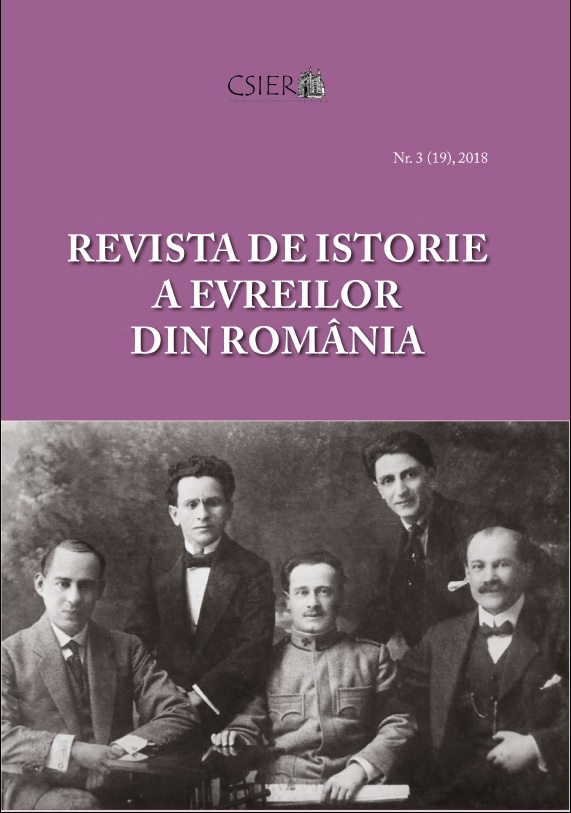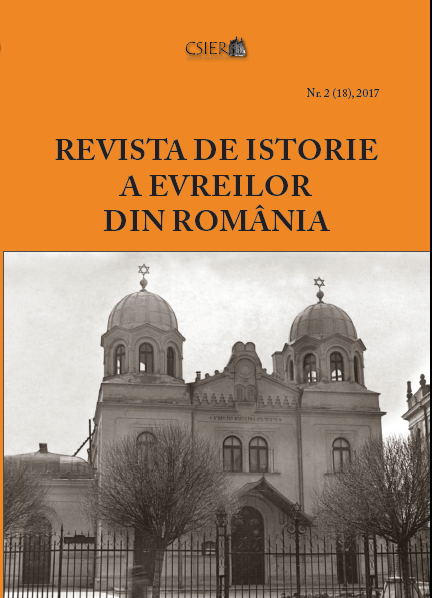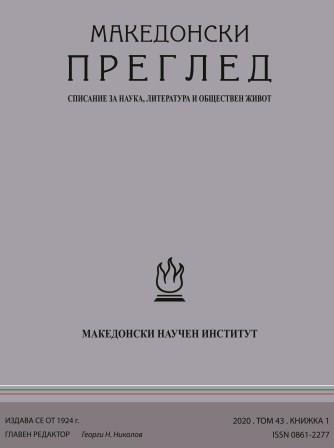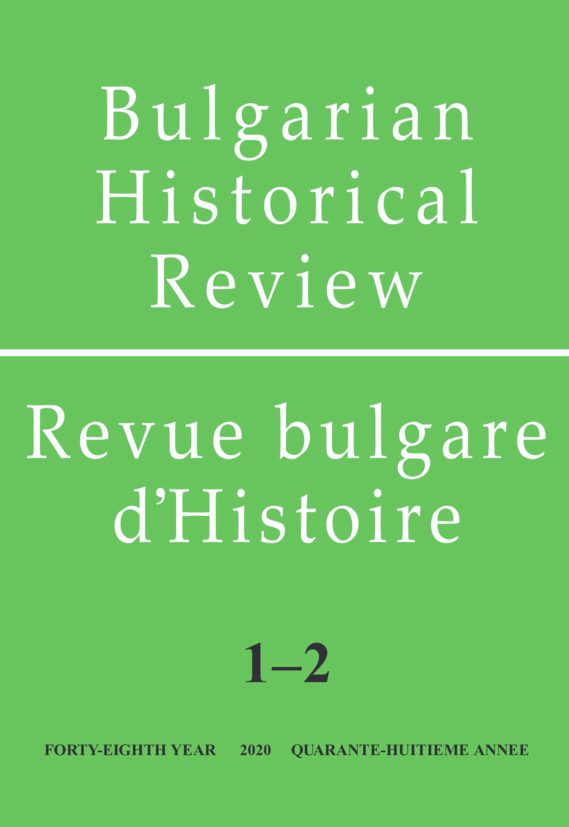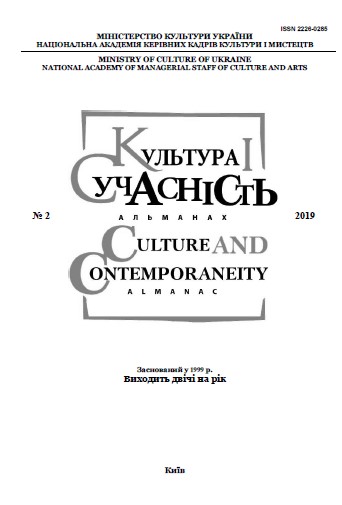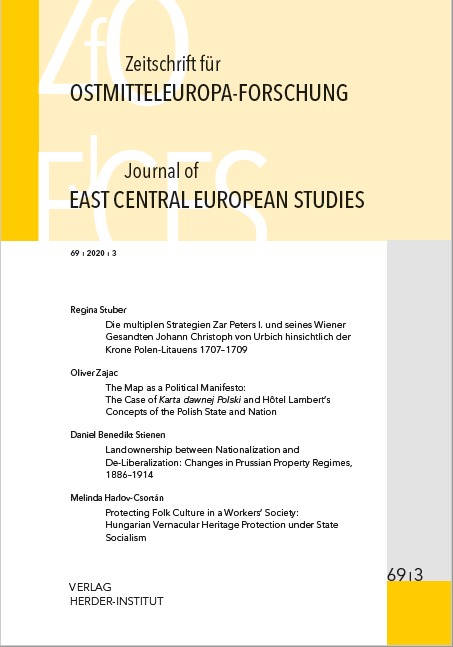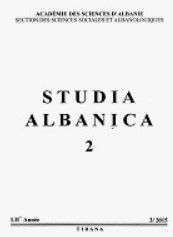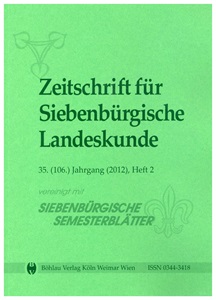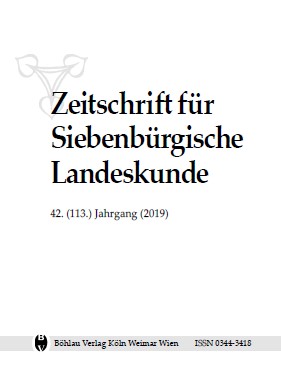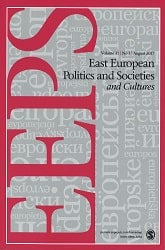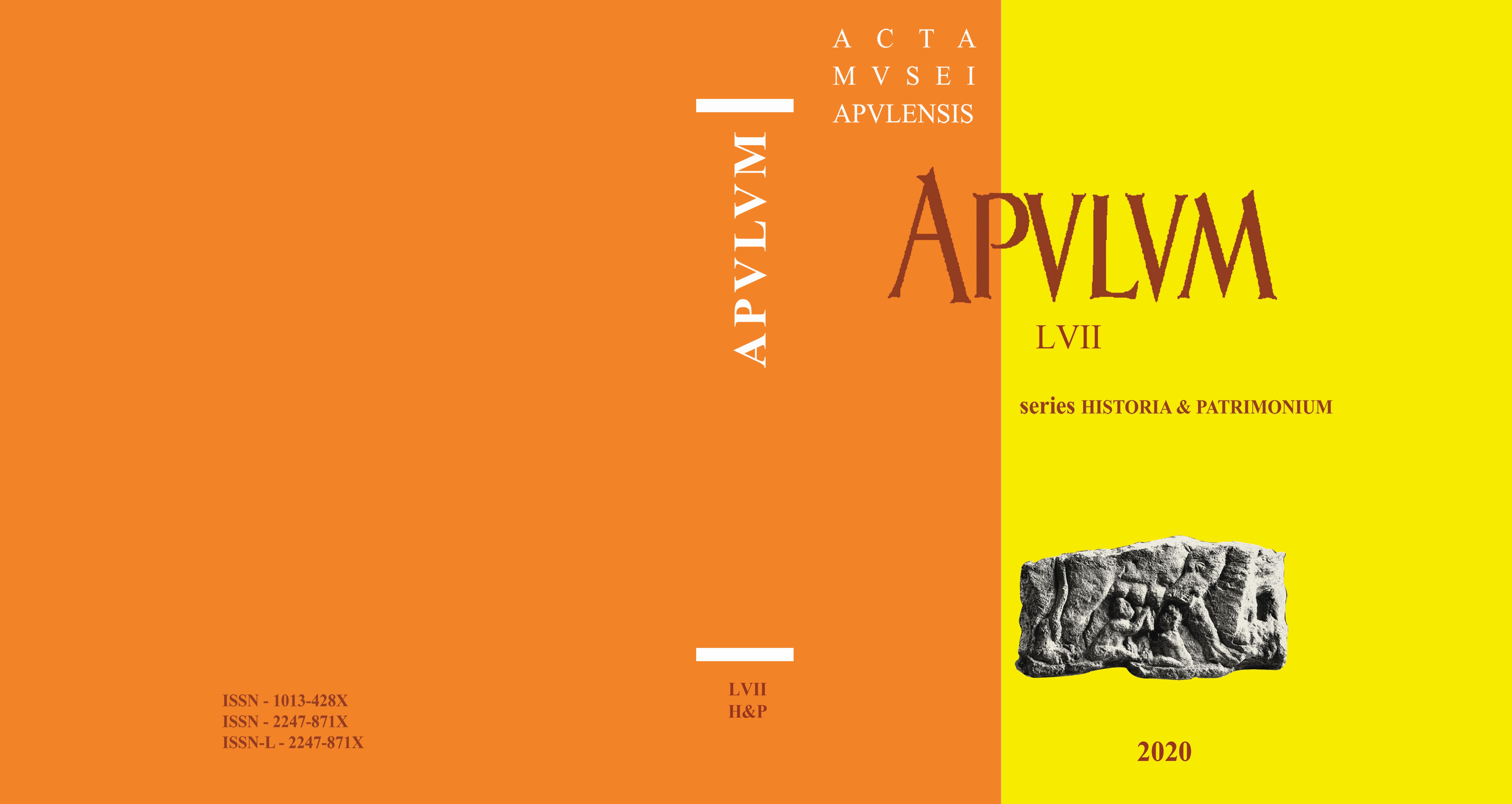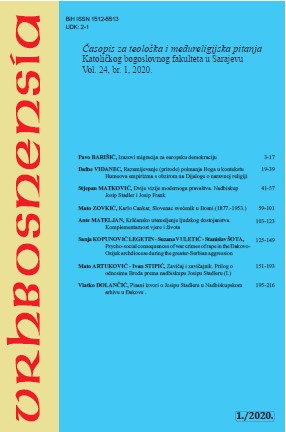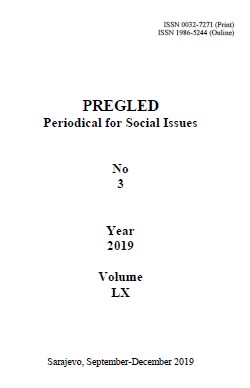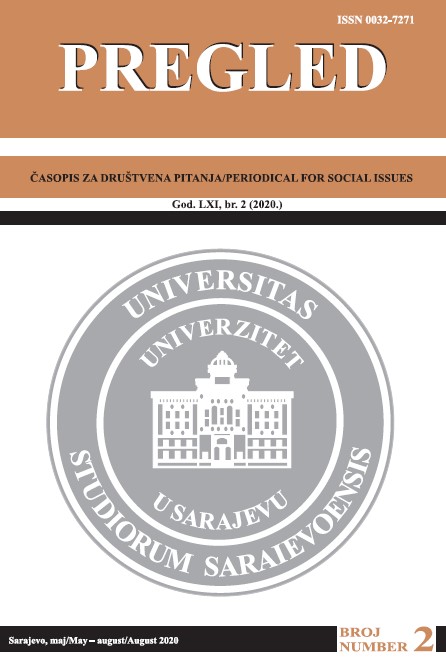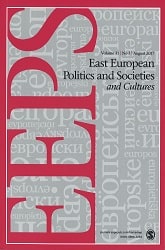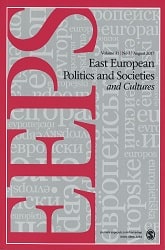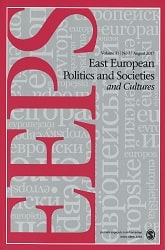
Back to the Origins. The Tragic History of the Szekler Sabbatarians
Sabbatarians were the only proselyte religious community that had an official institutional form in nineteenth-century Europe. This study aims to present the history and gradual disintegration of the Sabbatarian community and their acceptance of a common fate with Transylvanian Jewry during the Second World War. This is realized by, first, outlining the historical context of the formation of Sabbatarianism; second, by describing the social and political circumstances of Transylvanian Jews in the first half of the twentieth century; and third, by giving a detailed presentation of the 1944 deportations and other related events.
More...
